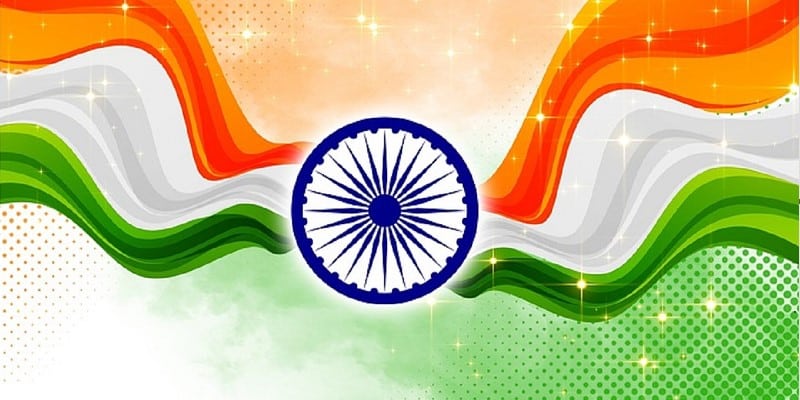
Find out how an online gambling dispute between a state and governor in India could spark fresh doubts over regulations. (Image courtesy of Srangib on Pixabay)
Although India is close to opening its first central regulated online gambling authority to the country, there are still states where banning the activity is on the agenda.
However, a major kink in the government’s armour could be exposed should the Tamil Nadu government push through a bill to bank gambling online in the Indian state.
On Thursday last week, lawmakers in the state of Tamil Nadu put forward a bill that was unanimously voted on to prohibit citizens of the state to gamble online. The state first banned online gambling last year only to have that decision overturned. The argument was that it is unconstitutional to take away citizens’ free will to gamble.
That decision probably ruffled a few feathers and so calls for a ban on online gambling in the state have re-emerged. What’s more, the state assembly has already said the bill will pass. However, though that may be the case, there’s another level of approval required.
The bill must also gain the approval of governor R N Ravi, who according to a news report in the Hindustan on the topic, he is unlikely to do so. He has been quoted to have said that the state-level government is not competent to make such decisions. In response to that remark, the Tamil Nadu cabinet law minister disagrees. He feels only a state government has the authority to pass such a bill.
Now it seems like this has turned into a tit-for-tat debate between the two. The governor is saying this is a decision made on laws ascertaining to online gambling can only be made by the Central Government.
What are the core arguments from both sides?
The latest conflict between the state government and the governor revolves around the distribution of powers. between the Centre and the states as defined by the Constitution.
- Communication falls under the jurisdiction of the Central government: As the current debate is about gambling that is carried out online, the argument is that law to govern the activity falls under communications. Therefore, the central government’s eventual decision to bring all states in India under a single online gambling regulatory body is not something state governments can overrule.
- States have authority over citizens’ gambling and betting: Although gambling online is a communication (internet) governed activity, the state argues that it decides on laws its citizens must follow. That precise argument was overturned in the Supreme Court last year, but it seems the state is back to readdress the decision.
Which Argument is Correct?
Both sides have valid arguments. It’s tough to take sides here if I am honest. From the state’s point of view, they could use other countries as an example.
- USA: State laws covering gambling online overrule federal laws. Online casinos must operate in conjunction with a land-based casino.
- Canada: Online gambling is regulated and licensed by individual provinces and territories. Each has its laws and regulations regarding online gambling, which means that the legality of online gambling may vary depending on where people live in Canada.
- The UK: In the UK, the country is too small to divide into counties, so laws are always at the government level, so we can’t really use this as a comparison. The same applies to the Netherlands, Germany, Italy, France, and Spain I believe, so we cannot compare these.
- South Africa: Online gambling is illegal at the government level. However, individual provinces override the central government to allow online sports betting. Also, online casino games appear to also be creeping through.
- China: The Chinese central government prohibits all forms of online gambling, including sports betting, casino games, and poker. The government’s strict stance on online gambling means that even its provinces, autonomous regions, municipalities, and administrative regions cannot override its law.
If we were able to look at other countries and their systems to make a case for the Tamil Nadu state lawmakers, you would have to admit they do have a point. For example, China bans online gambling altogether, however, the country is also not based on the freedoms of India and the other countries mentioned.
Although India is a very different country to my examples above and being respectful of the differences in cultures and laws, using another country’s laws is not the best of arguments.
Is banning online gambling a solution?
In my opinion, the answer is no. From my experience as an iGaming journalist, I feel bans create a black market where players are not protected under local laws and are more exposed to the risks of gambling addiction. The reason I say this is because if people want to gamble online, they will.
There is no way a government can believe that simply making online gambling illegal is going to stop people from signing up for casinos or sports books. Just a simple search for ‘online gambling sites India’ on Google will reveal hundreds of brands offering crypto and real money gambling via Indian Rupees. Many of these casinos operate with no licensing and this leaves them open to scam players.
Controlled online gambling is a much safer option. Regulatory laws can focus on ensuring casinos protect players, offer responsible gambling tools, and ensure game results are fair.
Find Reputable Casinos in India: You can find online gambling sites India here. All the casinos listed here hold iGaming licensing. If you would like to play a casino that offers responsible gambling tools, look for those that use the SOFTSWISS platform.


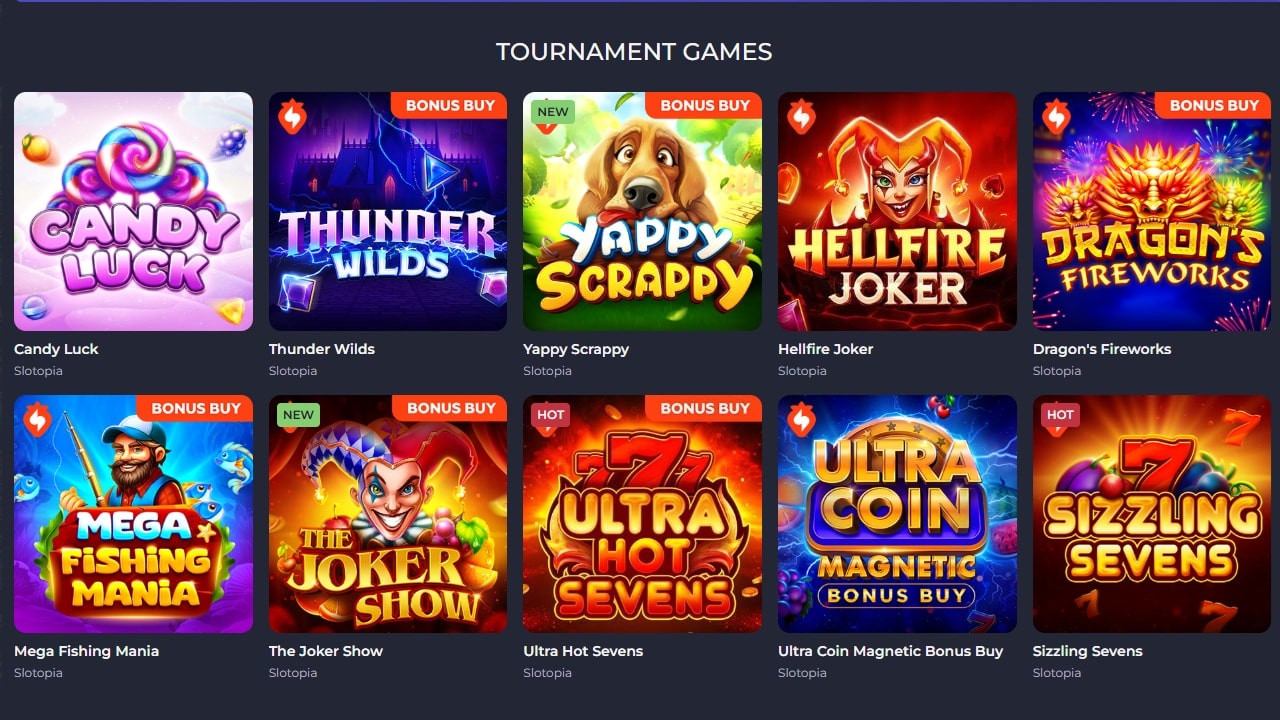
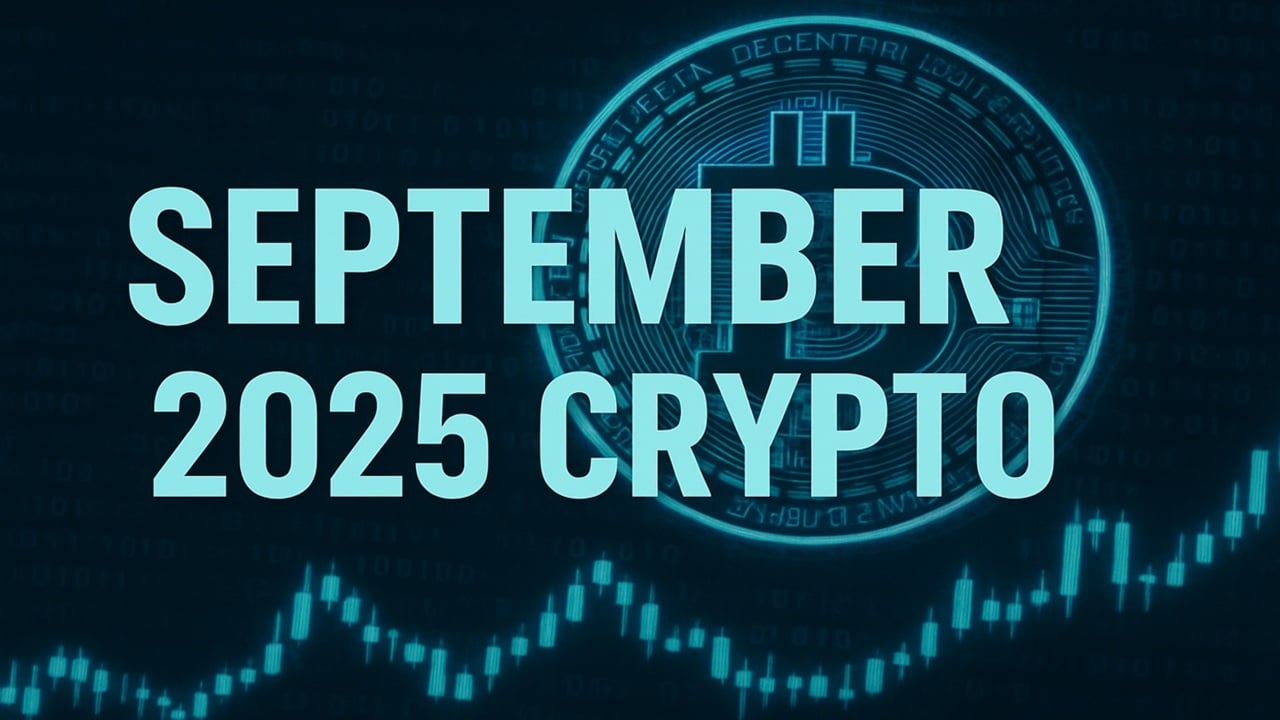


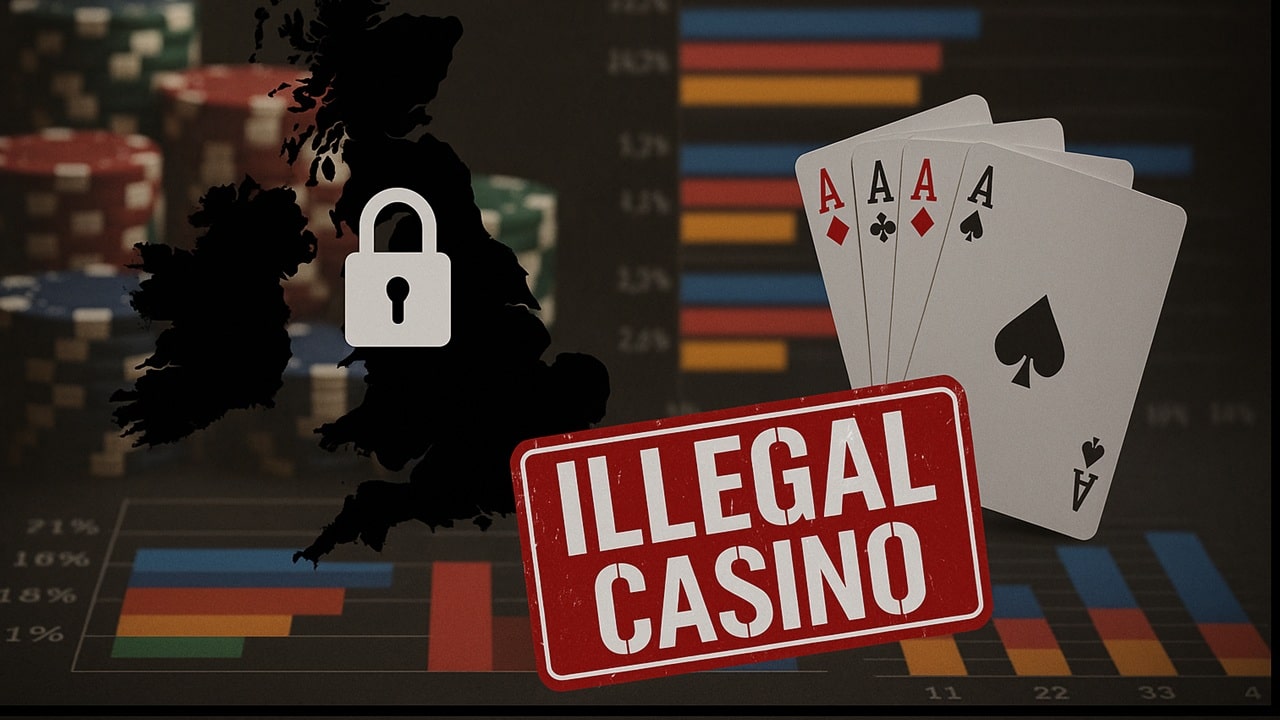












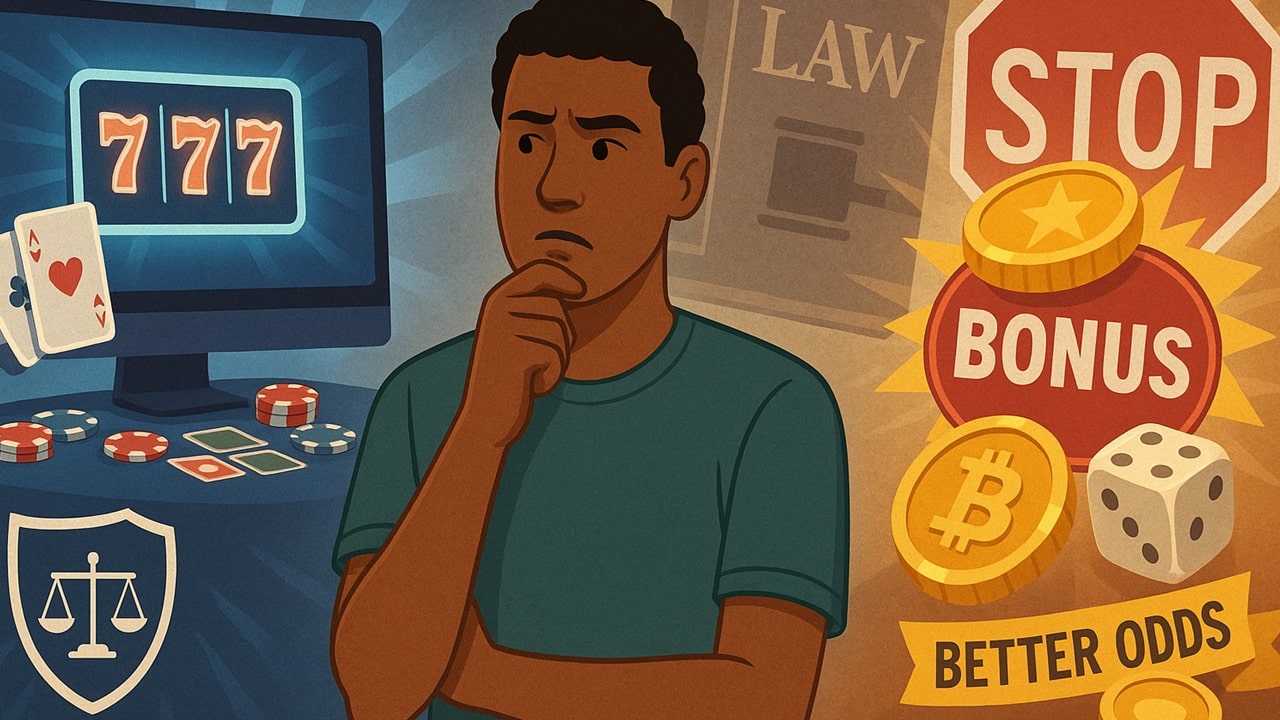

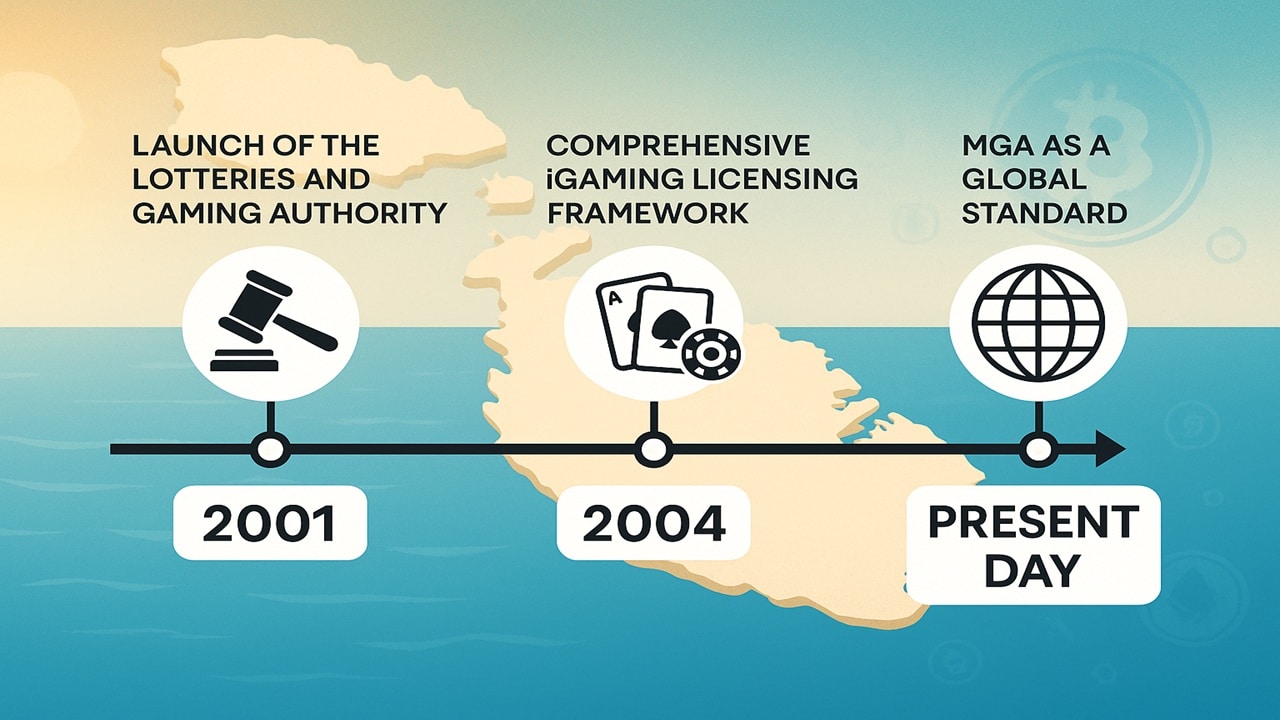
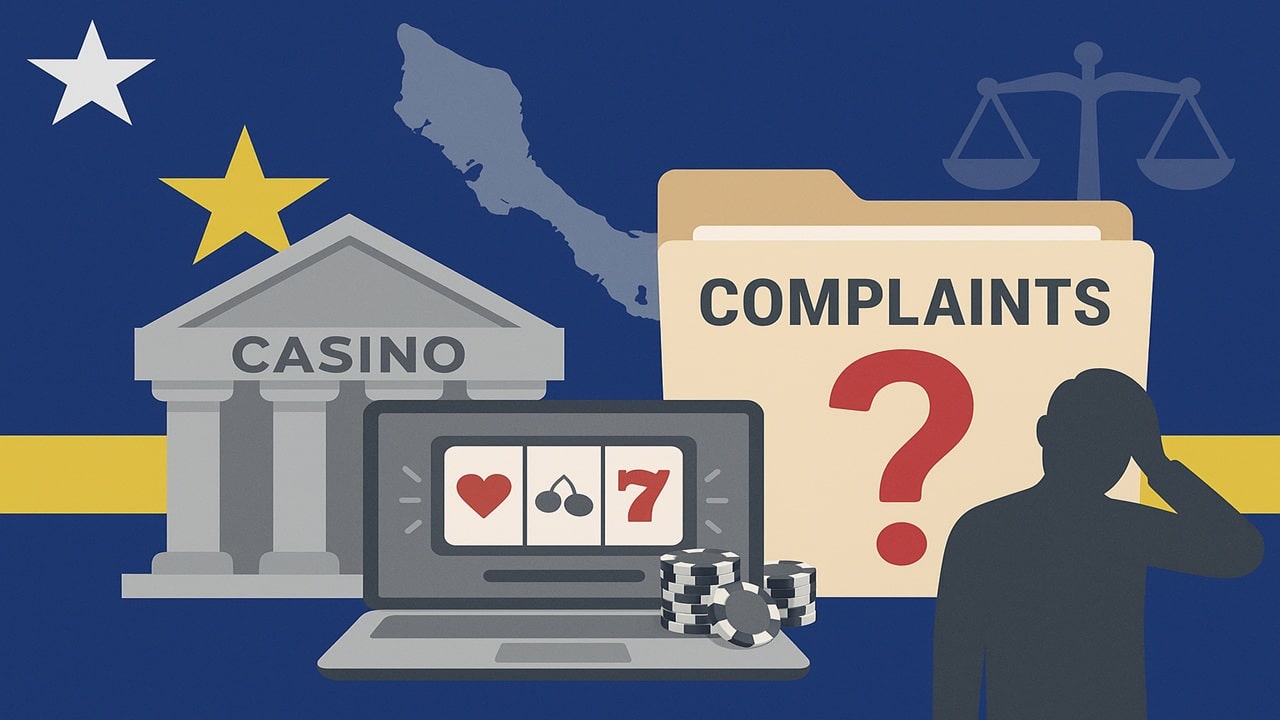

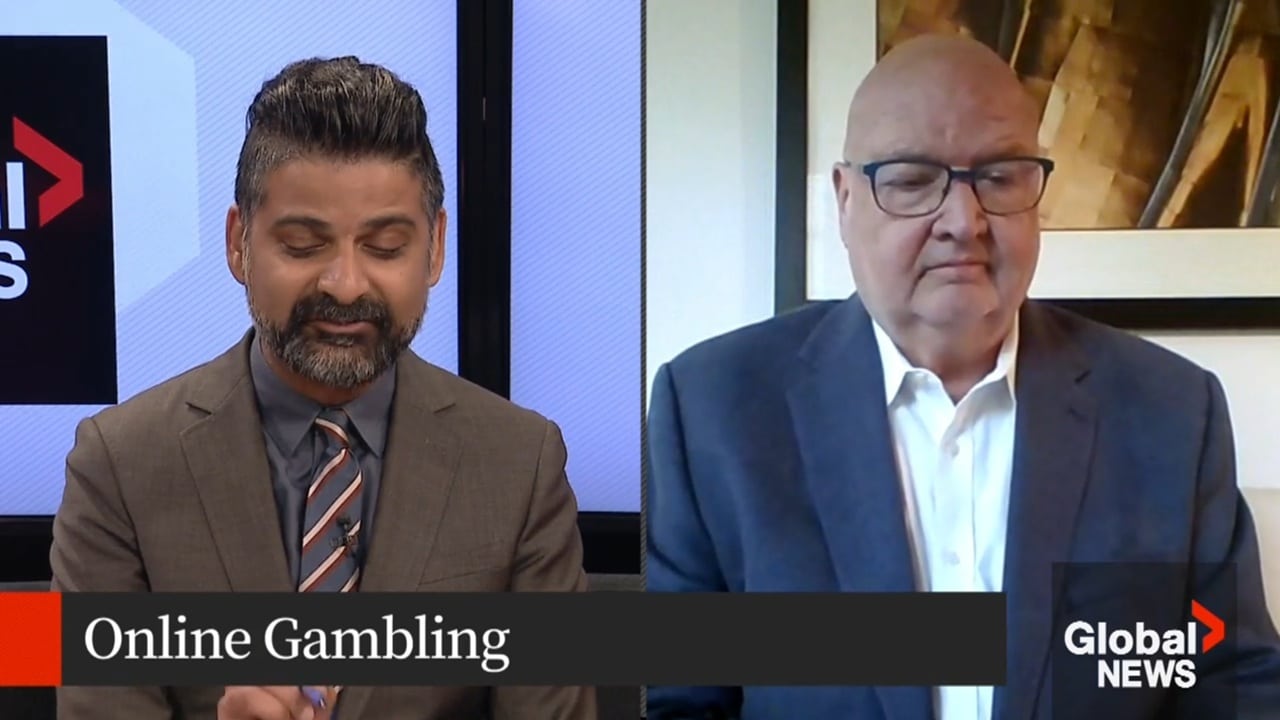

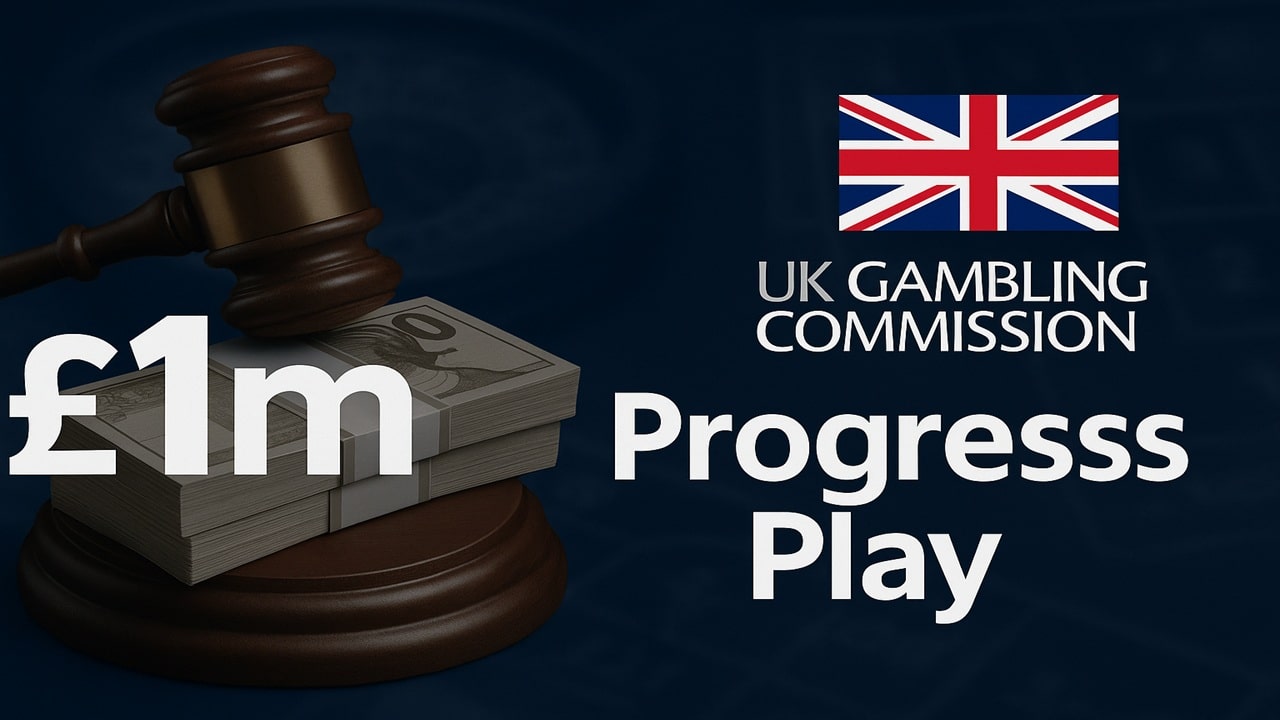
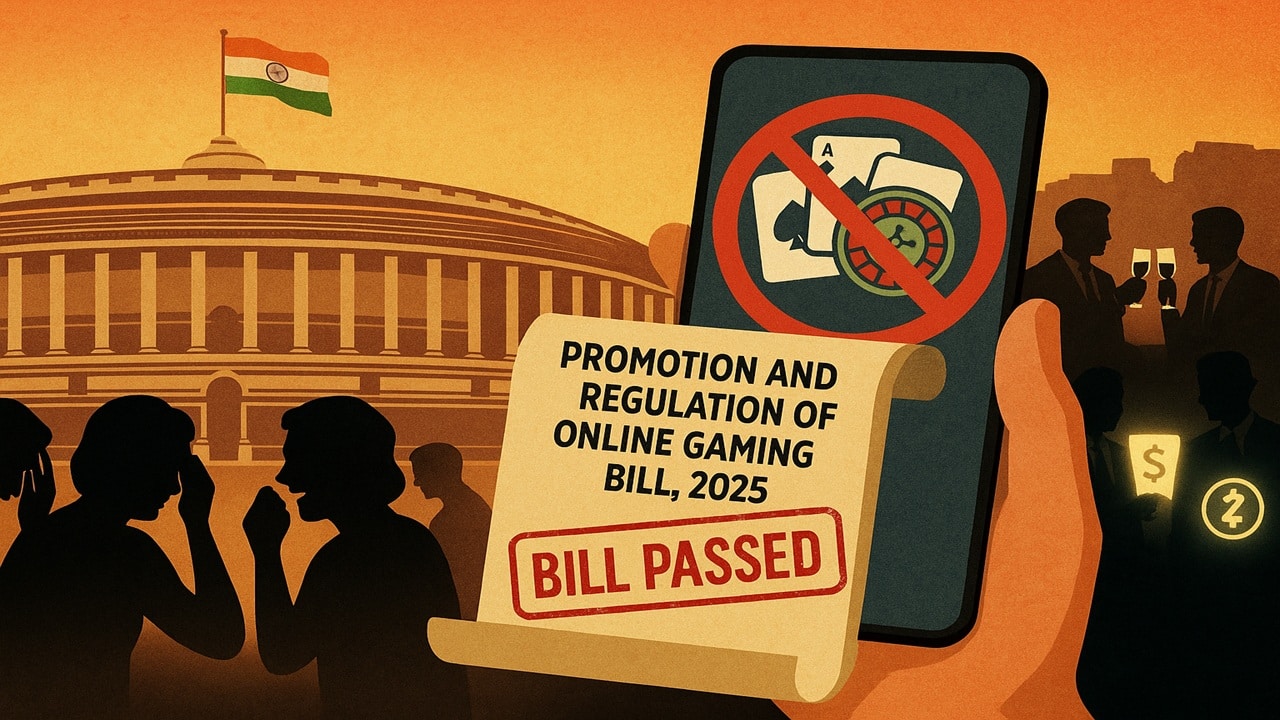
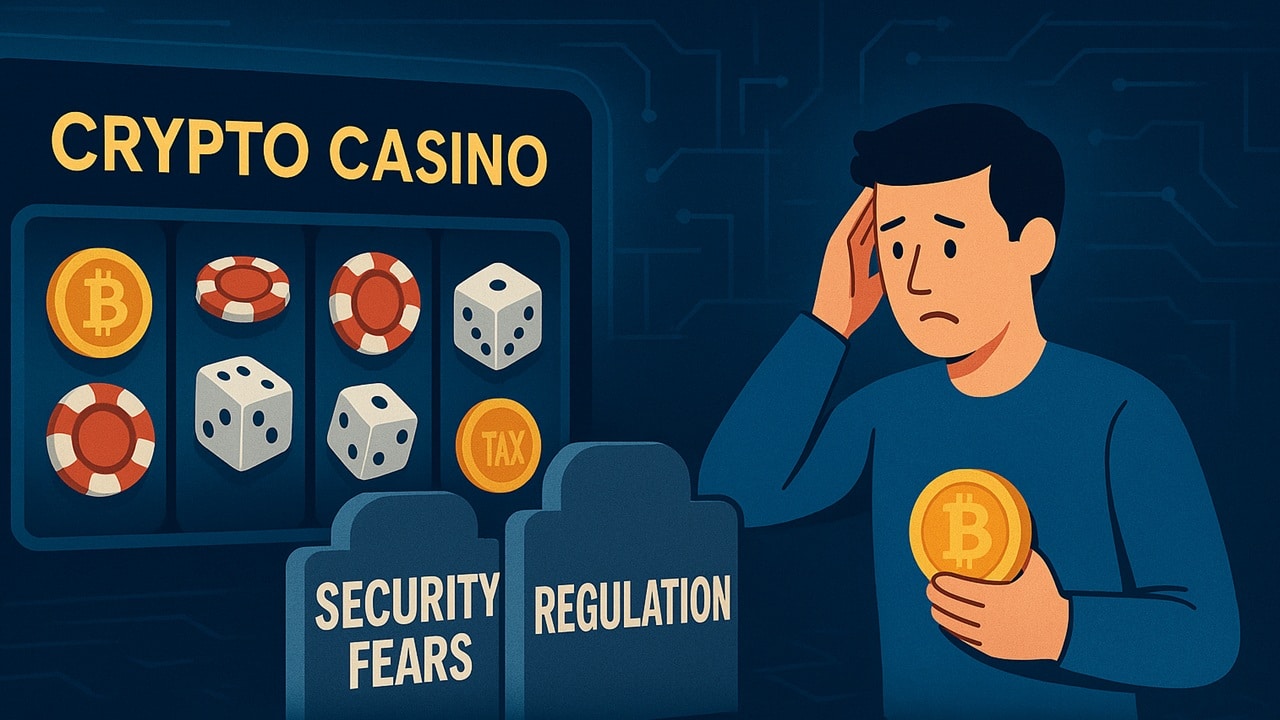

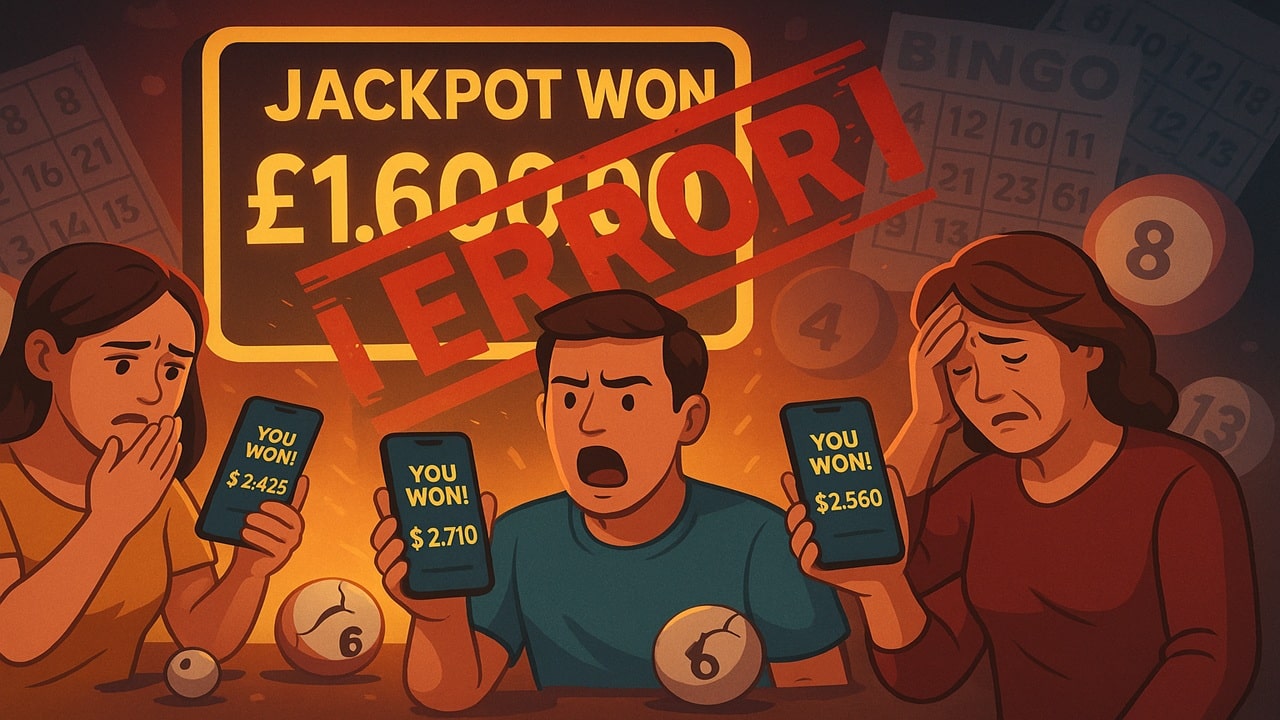
Leave A Comment